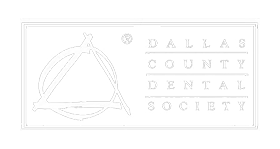Harmful Dental Habits To Avoid
Just like bad habits can have a negative effect on your waistline or your wallet, there are some routine activities that can harm your teeth
Just like bad habits can have a negative effect on your waistline or your wallet, there are some routine activities that can harm your teeth
Toothpaste, when used in conjunction with a toothbrush and flossing, is an essential part of any daily oral hygiene routine. You’re likely to see lots
A mouthwash or rinse, can be a helpful part of your oral hygiene routine. Some can help you fight off the accumulation of plaque and
Every time you eat or drink, you create an environment in your mouth that is favorable to oral bacteria. If not held in check by
Whenever you visit your dentist, she’s likely to ask you: “Have you been flossing regularly?” For most people, the answer to that question would be
Before the invention of the modern toothbrush, there were a variety of methods and devices used for teeth cleaning. People would rub their teeth with
In the early days of dentistry, people only went to the dentist if they had a problem in need of immediate attention. Regular brushing was
It’s recommended that you visit your dentist at least twice per year. Even if you don’t have any mouth pain or any pressing issues that
Oral cancer is among the most prevalent and deadly forms of cancer in America today. Yet, despite its commonality, the causes of oral cancer are




